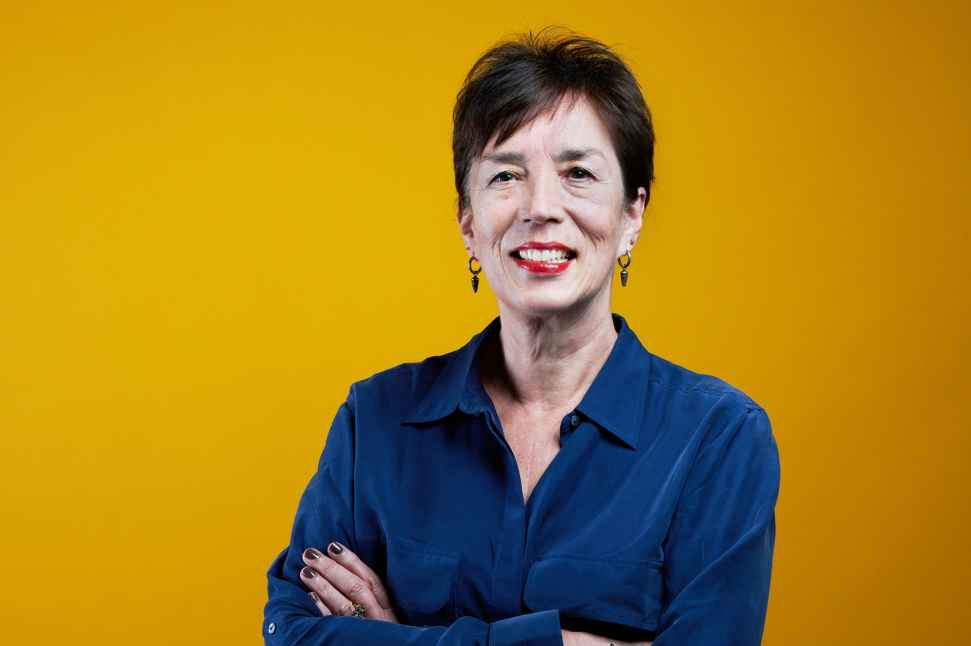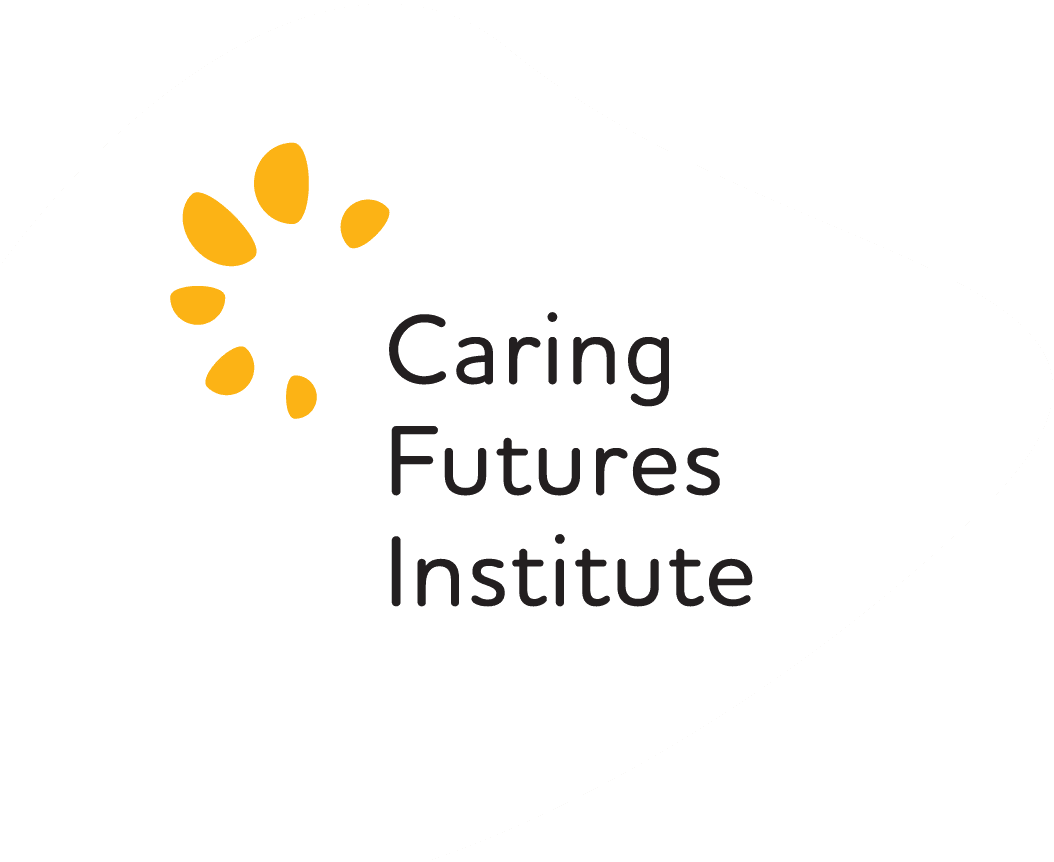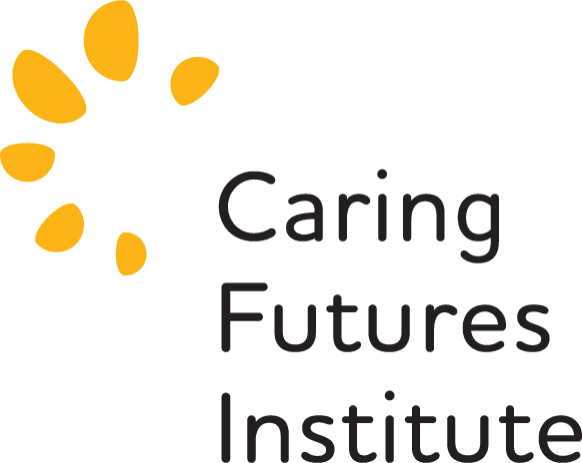Caring through the Life Course
Care is everyone's business
From birth to death, care is essential for our growth, development, health, and wellbeing. The Caring Life Course Theory (CLCT) makes care visible by illustrating its central role in shaping health and wellbeing throughout our lives. Care is often taken for granted. It is seen as a simple task, something we do but don’t have to think or talk about. But if we don’t take the time to understand care, how do we know we’re doing it well?
In reality, providing care is complex. Care needs change over time and so can our ability to care for ourselves and others. Care needs are also shaped by the unique environments in which we live, work, and play. The CLCT helps to describe this complexity, not just for individuals, but for families, communities, and healthcare organisations and systems. In other words, it helps us see and appreciate what often is invisible.
The CLCT focuses on:
- The life course
Understanding people’s unique care journeys across their lifetime and providing a more complete picture of their care needs. - Life's changes
Understanding how life transitions influence the care we need and how these needs should be met. - Fundamental care
Understanding our universal care needs, whether physical, relational, social, or psychological. - Inclusivity and equity
Understanding how age, cultural background, health conditions, and the presence of a disability shape care needs. - Care relationships, networks, and systems
Understanding that care is not something that we do on our own; it is embedded within our relationships, friendships, families, communities, and professional settings.
No matter who we are, care is foundational. Improving our understanding of care and how to optimise care will ensure better lives, communities, and systems for all.

Our Research
Our multidisciplinary CLCT research team is dediated to generating much-needed evidence to support enhanced caring across the life-course. Our work ranges from articulating and refining the theoretical constructs of the CLCT across a range of settings, to applying the key principles of the CLCT in education and practice using knowledge translation and implementation techniques.
Our research experts are leading evidence-generation on key aspects of the CLCT, including:
- Fundamental care
- Care relationships
- Self-care
- Care biographies
- Care networks
Our leading researchers in this field

Professor Alison Kitson
Alison is an internationally recognised leader in nursing and knowledge translation research.
She is the inaugural Vice President and Executive Dean of the College of Nursing and Health Sciences at Flinders University, Foundation Director of the CFI, and program lead for the CLCT. Her ambition is to change how society thinks about and invests in care and caring solutions.

Dr Rebecca Feo
Rebecca is a research expert in fundamental care and care relationships. She has led seminal work on defining fundamental care and refining the conceptual Fundamentals of Care Framework, which underpins the CLCT.
Rebecca’s research focuses on generating robust evidence on the positive impacts of fundamental care and care relationships, developing products and resources to support this care delivery, and advocating for the importance of relationship-centred fundamental care locally and internationally.

Dr Michael Lawless
Michael is an expert in self-care and knowledge translation research. Michael has led work on self-care, particularly in relation to the self-management of chronic conditions by older adults, including the development of a communication and goal-setting tool for older adults with multimorbidity. Michael has also led seminal work on refining the core constructs of the CLCT and applying these constructs to different populations and settings.

Dr Maria Alejandra Pinero de Plaza
Alejandra specialises in care networks, fundamental care, and co-design methodologies. Her emphasis on involving stakeholders and communities in measuring and tracking health services, research products, and process impacts is crucial for understanding how care networks and fundamental care foster better health and wellbeing. She devised PROLIFERATE, an advanced evaluation tool, to gauge intervention impacts for projects like RAPIDx_AI (AI in cardiac care) and safe@home (telemonitoring for chronic disease).
Read more about our research
Kitson, A., Feo, R., Lawless, M., Arciuli, J., Clark, R., Golley, R., Lange, B., Ratcliffe, J. and Robinson, S. (2022), Towards a unifying caring life-course theory for better self-care and caring solutions: A discussion paper. J Adv Nurs, 78: e6-e20. https://doi.org/10.1111/jan.14887
Partner with us
We can’t reinvent care alone. We need partners across industry, government, and the general public to co-design the projects and new support mechanisms. Let’s work together to understand the building blocks of care in our society.
We can make a difference together.
Be the change.
![]()
Sturt Rd, Bedford Park
South Australia 5042
South Australia | Northern Territory
Global | Online
CRICOS Provider: 00114A TEQSA Provider ID: PRV12097 TEQSA category: Australian University










